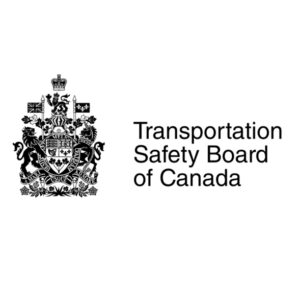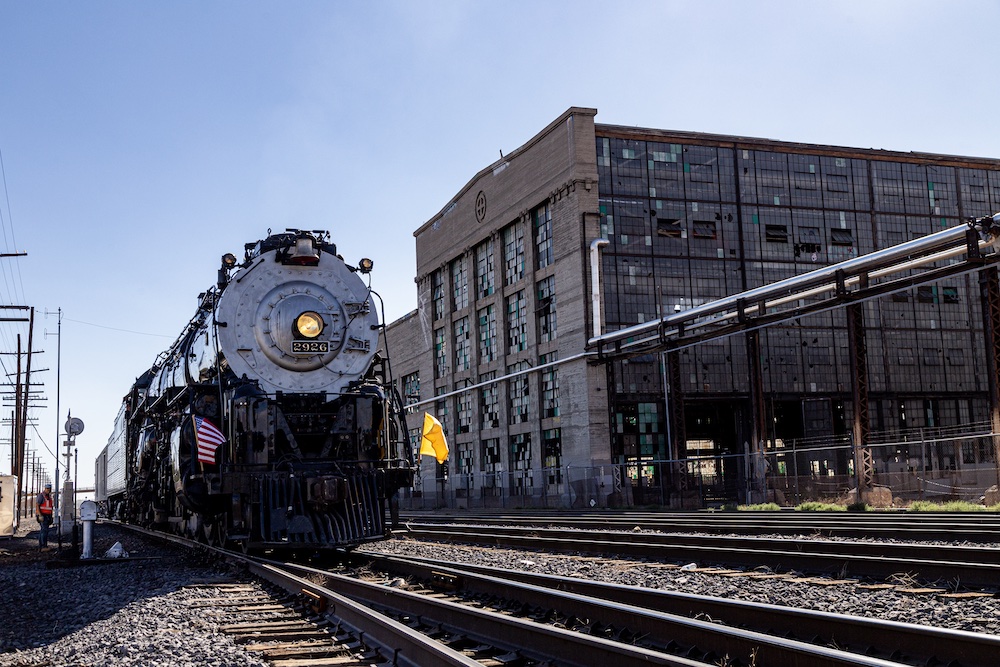 GATINEAU, Quebec — Fatigue on the part of a signal maintainer may have been a factor in a December 2020 collision between a VIA Rail Canada passenger train and a Canadian National hi-rail vehicle, according to a Transportation Safety Board of Canada report released Tuesday.
GATINEAU, Quebec — Fatigue on the part of a signal maintainer may have been a factor in a December 2020 collision between a VIA Rail Canada passenger train and a Canadian National hi-rail vehicle, according to a Transportation Safety Board of Canada report released Tuesday.
In the Dec. 6, 2020, incident at Les Cédres, Quebec, Toronto-to-Montreal VIA train No. 68 was traveling at 95 mph at about 9:32 p.m. when the engine crew recognized a light appeared to be on the same track as the train; the engineer applied his air brakes, but struck the hi-rail vehicle at 83 mph and dragged it about 2,500 feet before coming to a halt.
There were 43 passengers and two VIA crew members on board the train’s five passenger cars, as well as the two crew members in the cab. None were injured. The hi-rail vehicle was unoccupied at the time, as its driver, a signal maintainer, was working in a signal bungalow adjacent to the track.
The TSB’s investigation determined that the maintainer had inadvertently put his vehicle on the north track of the two-track main line, rather than the south track, as intended. The maintainer was working his eighth consecutive day because of a signal upgrade project that was in progress on CN’s Kingston Subdivision, where the accident occurred. An analysis determined the maintainer had likely accumulated a sleep debt, leading to fatigue, which can lead to lapses in judgment and decreased situational awareness.
As a result of the accident, Transport Canada notified CN on Dec. 15, 2020, that its measures to prevent accidents such as the Dec. 6 incident had been deemed insufficient. On Jan. 6, 2021, the railroad informed Transport Canada it had developed an assessment tool to check employees’ knowledge of regulations regarding the protection of track work.














Incident was in Dec and the time is 9:30PM. It would have been dark for hours.
I going with it not being a normal shift.
Special projects usually tend to be in daylight hours so management can oversee the project.
Really? Fatigue from working eight days consecutively? Was he working 12 – 16 hour shifts over those 8 days, or normal 8 hour shifts? That’s also an important question, because just working multiple consecutive days shouldn’t cause fatigue as long as you get sufficient sleep every night(did they bother investigating that too?)